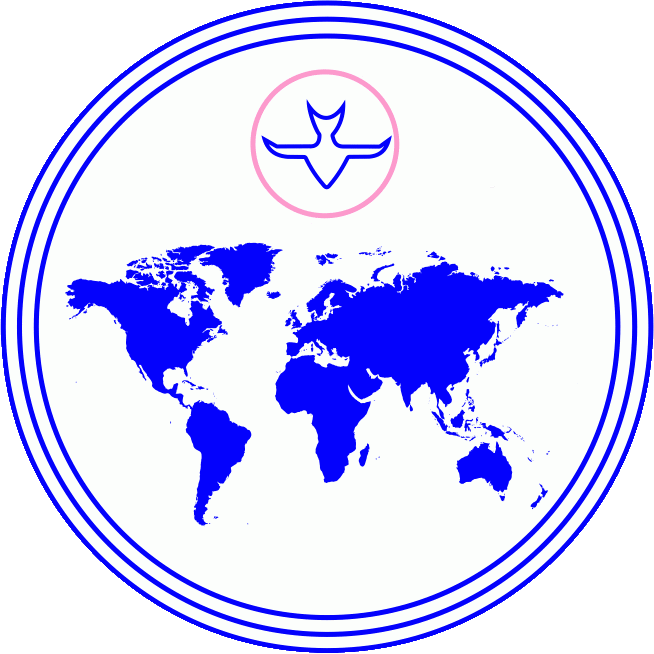Google to Build First Subsea Fiber Optic Cable Linking Africa and Australia
Google has announced plans to construct the first subsea fiber optic cable connecting Africa with Australia, marking a significant milestone in global connectivity. This ambitious project aims to bridge the digital divide between these continents, enhancing internet speeds, reliability, and capacity for millions of users. By investing in this cutting-edge infrastructure, Google continues to demonstrate its commitment to expanding internet access and fostering digital inclusion worldwide.
The new subsea cable, which will stretch thousands of kilometers across the Indian Ocean, is expected to dramatically improve internet connectivity in regions that have historically faced challenges in accessing high-speed, reliable internet. Africa, in particular, needs more broadband infrastructure, leading to slower internet speeds and higher costs for users. This new cable will address these issues by providing a direct, high-capacity link to Australia, a country with robust internet infrastructure and significant data center capacity.
In a recent blog post, Google highlighted the transformative potential of this project. The company stated that the subsea cable would not only enhance internet performance but also stimulate economic growth by enabling new opportunities for businesses and entrepreneurs. Improved connectivity can drive innovation, facilitate remote work and education, and provide better access to digital services such as healthcare and financial technology. This is particularly crucial in Africa, where digital transformation is seen as a key driver of future economic development.
The subsea cable project is part of Google’s broader strategy to invest in global internet infrastructure. Over the past few years, Google has been actively expanding its network of subsea cables, which now span across various regions, including the Atlantic and Pacific Oceans. These investments are designed to improve the resilience and performance of Google’s services, such as Search, YouTube, and Google Cloud, while also benefiting internet users around the world.
A notable aspect of this new cable is its advanced technology. Google plans to utilize state-of-the-art fiber optic technology, capable of supporting data transfer rates far higher than existing cables. This will ensure that the new connection is future-proof, able to accommodate the growing demand for internet bandwidth driven by data-intensive applications like video streaming, cloud computing, and virtual reality.
Moreover, the project underscores Google’s commitment to sustainability. The company is exploring ways to minimize the environmental impact of the cable, from the materials used in its construction to the energy efficiency of its operations. Google aims to power the cable’s infrastructure with renewable energy wherever possible, aligning with its broader goal of operating entirely on carbon-free energy by 2030.
In addition to enhancing connectivity between Africa and Australia, the new subsea cable will also benefit other regions. By integrating with Google’s existing network, the cable will provide more resilient and efficient global internet routes. This means that users in Asia, Europe, and the Americas will also experience improved connectivity and reduced latency for Google services.
The announcement of the subsea cable has been met with enthusiasm from various stakeholders, including governments, businesses, and civil society organizations. Many see it as a crucial step towards achieving global digital equity, providing underserved regions with the tools they need to participate fully in the digital economy. In particular, the African Union has welcomed the project, highlighting its potential to support the continent’s digital transformation agenda.
Google’s subsea cable project is a testament to the power of technology to bridge divides and create new opportunities. By connecting Africa and Australia, Google is enhancing internet infrastructure and paving the way for a more connected and inclusive world. This project represents a significant investment in the future of global connectivity, promising to deliver lasting benefits for millions of people across multiple continents.
As the world becomes increasingly interconnected, initiatives like Google’s subsea cable are essential in ensuring that everyone, regardless of their location, can access the benefits of the digital age. This ambitious project is set to transform internet connectivity, driving progress and innovation in some of the world’s most dynamic and rapidly developing regions.
For businesses looking to leverage improved connectivity and drive digital transformation, TechScooper offers a range of services including web development, digital marketing, mobile app development, and creative services. Visit TechScooper to learn more about how we can help you stay ahead in the digital age.































































